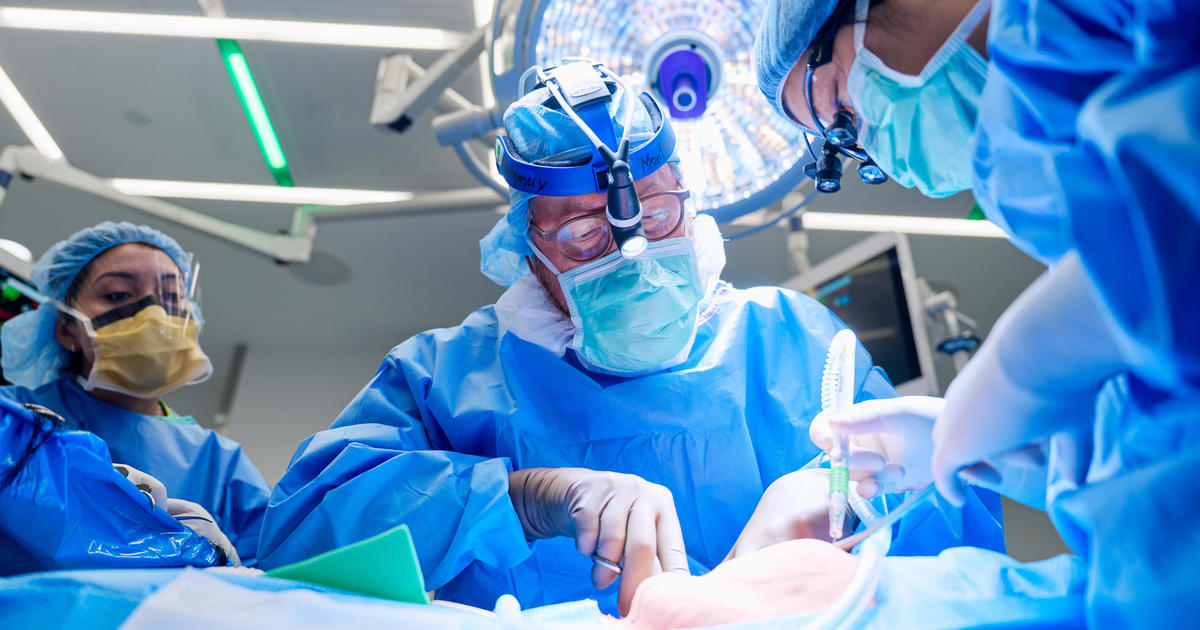Dr. David Agus on why aspirin is the "real health reform"
Taking an aspirin a day helps prevent heart disease, and a new study found it can have greater long-term economic and health effects.
Led by Dr. David Agus, who is also a CBS News contributor, the University of Southern California study concluded that if older Americans with elevated risk of cardiovascular disease take low-dose aspirin every day, it would save 900,000 lives over the next 20 years, improve life expectancy by 0.3 percent (more than three months), and save $692 billion in health costs by 2036.
“When you talk about health reform, when you talk about health care finance reform – this is the real health reform,” Agus said.
“Eight-one milligrams of this compound every day reduces the death rate of cancer by 30 percent, heart disease by 22 percent and stroke by 17 percent.”
The benefit is most pronounced for people ages 50 and older, when heart disease and cancer rates start to rise.
“Some of the cancer studies start at age 40, which is when I started aspirin – but clearly at age 50,” Agus said. “But have a talk with your doctor first before you start a medicine.”
The USC study follows guidelines from the U.S. Preventive Services Task Force for who should be taking low-dose aspirin. The study recommended that adults 50 to 59 years old with a 10 percent or greater 10-year cardiovascular disease risk, who aren’t at an increased risk for bleeding and have a life expectancy of at least 10 years, take low-dose aspirin every day to prevent heart attack, stroke and colorectal cancer.
Still, many of those who should be taking it are not, Agus said. Ironically, part of the problem may be that aspirin is so cheap.
“When you have a drug that costs several dollars a year, nobody’s going to spend money marketing it. We don’t perceive value in it, but the data are clearly there,” Agus said. “Let’s educate people to take a pill that makes a benefit.”
The study also notes some side effects from taking low-dose aspirin, including increased gastrointestinal bleeding risks. But Agus said the study determined that for many people the “benefits dramatically outweigh the risks.”



